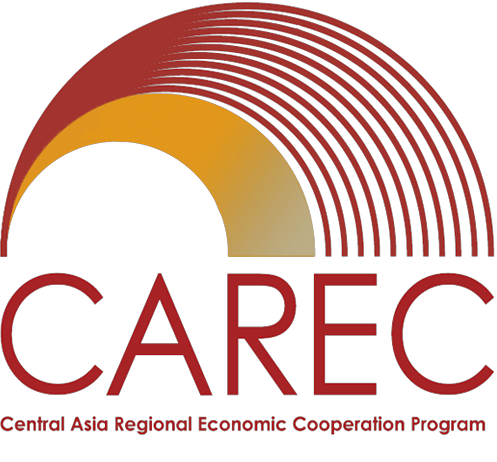Multilateral Trade Liberalization: Recent Developments and Outstanding Issues
The seminar examined recent developments and outstanding issues in the multilateral trade liberalization agenda. Presentations focused on the following:
- Doha Round of negotiations. Launched in November 2001, the Doha Round provides almost universal coverage of world trade with 151 negotiating countries accounting for 97% of world trade. Also referred as to a Doha Development Agenda, it aims to significantly improve market access for exports of low-income countries, while granting them sufficient flexibilities through differential and special treatment to address their development needs when liberalizing their own markets. Latest proposals from negotiating committees demonstrate a significant convergence among the negotiating groups in such key areas as agriculture and non-agricultural market access. In agriculture, current proposals would eliminate export subsidies, significantly reduce most trade distorting domestic subsidies, and lead to a considerable opening of markets either through deep tariff cuts or expanded quotas.
- Financial services. The services sector has become one of the largest sectors in international trade with global exports at $2.8 trillion, or about 25% of total merchandise exports. Trade in financial services is among its fastest growing components. Liberalizing financial services can bring substantial benefits primarily through stiffer competition in the financial sector, typically leading to higher productivity in banks and better and enhanced services to consumers. The competition can also, however, increase risk taking by banks, resulting in vulnerability of the sector to adverse shocks.
- Energy. It is an exceptionally important commodity, accounting for about 15% of total trade. While principles of the General Agreement on Tariffs and Trade and the World Trade Organization are fully applicable to energy, there are no special energy-related provisions. Among the main issues for energy exporters are market access in upstream and downstream products, and reliability of transport and distribution networks. Major importing countries express concerns about export restrictions and dual-pricing practices of major exporters. Energy services trade is on the agenda of the Doha Round. Notably, there are few energy-specific provisions in regional and multilateral trade agreements.
